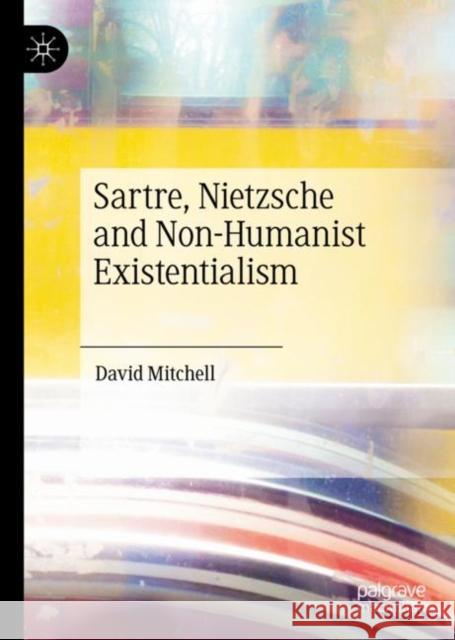Sartre, Nietzsche and Non-Humanist Existentialism » książka
topmenu
Sartre, Nietzsche and Non-Humanist Existentialism
ISBN-13: 9783030431075 / Angielski / Twarda / 2020 / 192 str.
Sartre, Nietzsche and Non-Humanist Existentialism
ISBN-13: 9783030431075 / Angielski / Twarda / 2020 / 192 str.
cena 322,01
(netto: 306,68 VAT: 5%)
Najniższa cena z 30 dni: 308,41
(netto: 306,68 VAT: 5%)
Najniższa cena z 30 dni: 308,41
Termin realizacji zamówienia:
ok. 16-18 dni roboczych.
ok. 16-18 dni roboczych.
Darmowa dostawa!
Kategorie:
Kategorie BISAC:
Wydawca:
Palgrave MacMillan
Język:
Angielski
ISBN-13:
9783030431075
Rok wydania:
2020
Wydanie:
2020
Ilość stron:
192
Waga:
0.36 kg
Wymiary:
21.59 x 19.56 x 1.52
Oprawa:
Twarda
Wolumenów:
01











